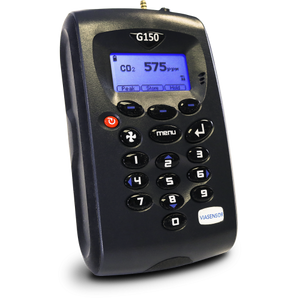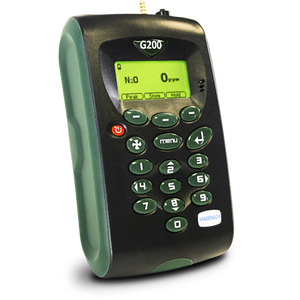News
From Precision to Progress: How CO₂ Monitoring is Powering the Next Wave of Biological Innovation

In the quiet hum of a laboratory incubator, the future of medical and environmental breakthroughs takes shape cell by cell. But beneath this calm surface lies a complex balance of gases that can make or break experimental success. The latest study from Frontiers in Veterinary Science highlights just how critical it is to control CO₂ concentrations in biological systems, not just for research animals, but for every culture where precision determines progress.
Using point-of-care analyzers, researchers examined how blood gas variations in rabbits correlated with disease states, revealing that even minor fluctuations in CO₂ levels can profoundly affect metabolic balance. The findings reinforce what laboratory professionals already know: accurate, continuous CO₂ monitoring isn’t optional, it’s essential.
That’s where instruments like the G450-11424 four sensor multi-gas detector Viasensor step in. Trusted by laboratories worldwide, these analyzers ensure that every incubator maintains the exact carbon dioxide conditions needed for healthy cell growth and culture development. From biomedical research to biopharmaceutical production, the ability to measure, verify, and maintain stable CO₂ environments helps scientists achieve reproducible results and reduces costly experimental variation.
Each successful experiment is a quiet triumph of data over uncertainty, and precise gas analysis is the invisible partner in that process. Whether developing regenerative therapies or studying disease mechanisms, dependable CO₂ control keeps discovery on track.
Ready to strengthen your lab’s environmental precision? Visit Viasensor.info to learn how the Incubator Analyzer CO₂ can optimize your research outcomes and ensure your next breakthrough starts with the perfect balance.


